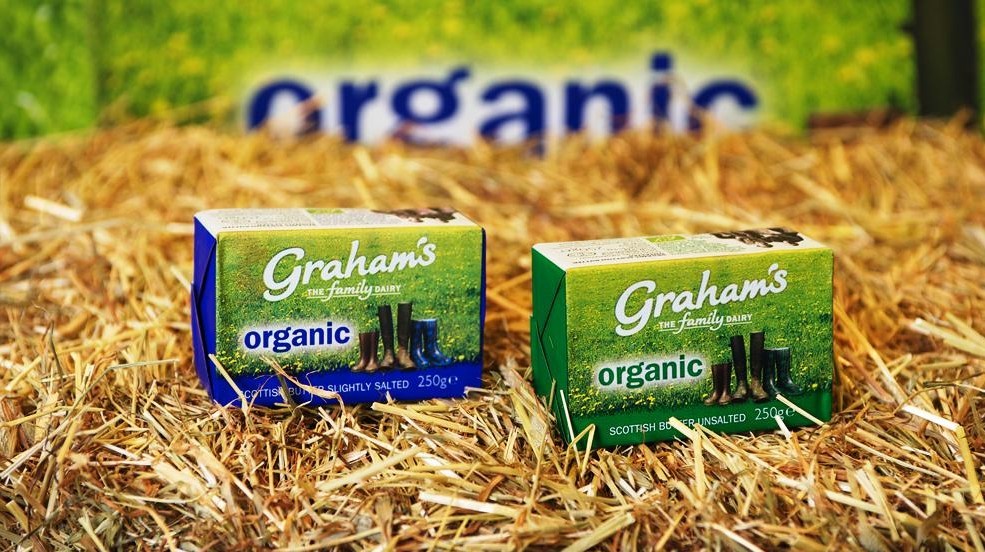If you listen to the headlines, organic farmers have not had the best of times over the past few years.
The economic downturn meant that cost-conscious shoppers turned away from organic, with parts of the media claiming that consumers’ love affair with organic food was well and truly over.
But fast-forward just a few years, and things look to be improving for the sector. In fact some industry experts are even predicting now could be a new boom time for organic food and farming.
Earlier this year, the Soil Association’s annual organic market report stated that sales of organic products increased by 4% across the UK in 2014.
It might not sound much, but when food prices were down by almost 2% and food spending had dropped by 1.1%, this was hailed as significant for the sector.
In fact, shoppers spent so much on organic food last year that the UK organic market exceeded £1.86billion, bringing sales back to levels last seen in 2009.
When these figures were released back in February they were met with caution in Scotland, mainly because the same report had noted that the area of land certified as organic in Scotland had dropped 2.6% – down from a UK average of 3.3%.
The number of farmers producing organic food in Scotland had also dropped to 404 – a 9.8% decrease.
But despite the figures, industry experts say there are reasons to be cheerful about Scotland’s organic future.
New rules under the Common Agricultural Policy for organic conversion and maintenance means farmers are being given additional financial support for producing organic food.
The Scottish Government is also backing the sector, having identified it as a national priority for the country because of the “exemplary role” it plays in the supply chain and to Scotland’s biodiversity, soils and habitats.
What’s more, latest figures from the Organic Trade Board (OTB) says shoppers are not only returning to the organic sector, but planning to make more organic purchases in the cloning months.
In a report published in March, the survey of almost 2,000 shoppers found that almost of UK households – around 12.7million people – bought organic food last year.
Of those, 9.3million consumers – which equates to more than a third of the population – buy organic food every month, while 45% of those surveyed said they planned to buy more organic food in 2015.
Roger Kerr, chief executive of organic licensing body OF&G, says the increase in consumer interest means that there opportunities for Scotland’s farmers who have already converted, and those considering moving to the sector.
“Figures now show demand is picking up, so there are market opportunities out there for organic farmers who want it and are in a position to take it,” he said.
“Overall our licensees have expanded to meet that demand – latest data shows that land under OF&G organic management has grown by an average of 2.5% per licence-holder over the last 12 months.
“The potential is there for more organic farmers to do the same, and with the growing consumer interest in Scottish food, the organic market could be well placed to take a slice of that market too.”
With sales growing so strongly, the real issue was whether the sector was going to be in a position to produce enough food for consumers who want to buy organic, Scottish Organic Producers Association’s policy manager Debs Roberts adds.
She said: “The UK is only 12% self-sufficient in all fruit and only 58% self-sufficient in all vegetables – which are two of the main entry points for organic produce.
“The OTB’s survey found that limited availability of organic produce was an issue for the sector’s growth, as the average shopper was forced to shop around if they wanted to solely buy organic food.
“To fuel this increasing demand we need more production so that we can offer consumers the choice of UK organic produce.”
Laura Stewart, director at Soil Association Scotland, agrees the sector needs to do more to realise the potential of organic food, particularly if it wants to achieve what is being realised in other countries.
“Although organic dairy in Scotland and the UK is doing well, in Denmark there is 30% market penetration for organic milk,” she said.
“We need support from both Scottish and UK governments and retailers to encourage supply and demand of organic products in Scotland.”
